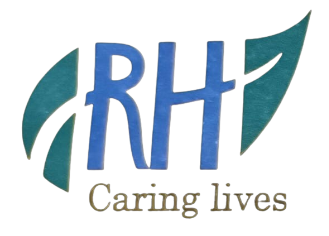- 919874418687 call us
- radianthealthcare16@gmail.com Mail us
Neurology
Neurology- NCV, EMG, EEG, VEP, BERA
Neurology is a branch of medical science that is concerned with disorders and diseases of the nervous syste.
Electroencephalography, or EEG
monitors the brain’s electrical activity through the skull. EEG helps diagnose seizure disorders and other disorders that affect the brain’s activity. EEGs also evaluate sleep disorders and monitor brain activity when a person has been fully anesthetized or loses consciousness. EEG is a painless, low-risk test that can be performed in a doctor’s office or at a hospital or testing facility.
Electromyography, or EMG
can diagnose nerve and muscle disorders, spinal nerve root compression, and motor neuron disorders such as amyotrophic lateral sclerosis (ALS). EMG records the electrical activity in the muscles. Testing may take place in a doctor’s office or clinic.
Polysomnogram or Sleep Study
also known as a sleep study, measures brain and body activity during sleep. Sleep studies can help diagnose sleep disorders, including restless legs syndrome, periodic limb movement disorder, and insomnia, as well as breathing disorders such as sleep apnea. Polysomnograms are performed over one or more nights at a sleep center.
Enter Some Text Here
Nerve conduction velocity (NCV)
(NCV) is a test to see how fast electrical signals move through a nerve. This test is done along with electromyography (EMG) to assess the muscles for abnormalities. The nerve conduction velocity test is performed to evaluate nerve function. It tests the speed impulses travel through a nerve.


